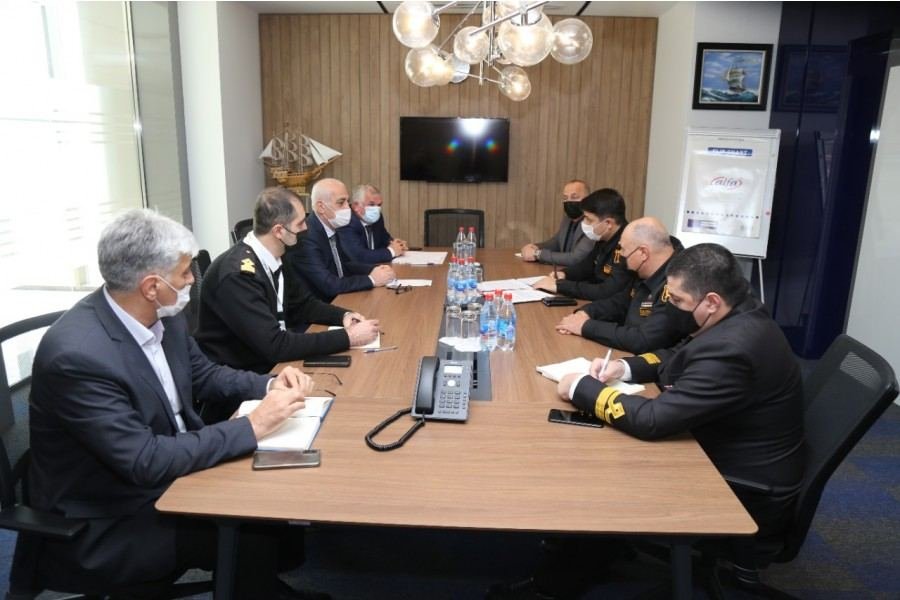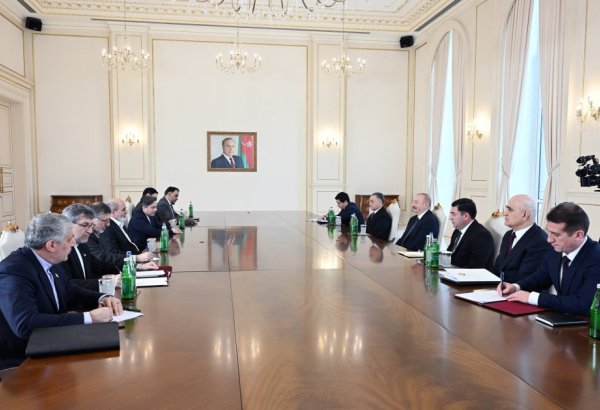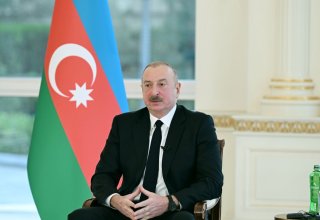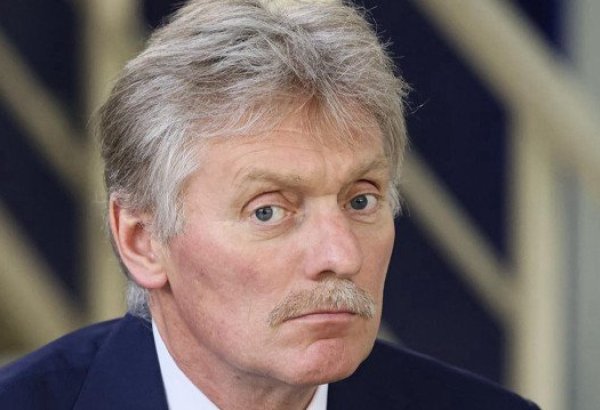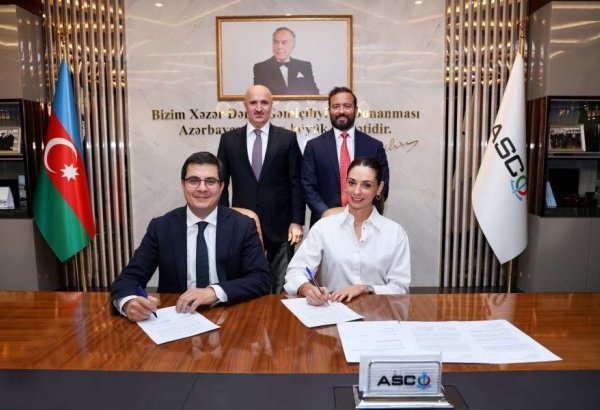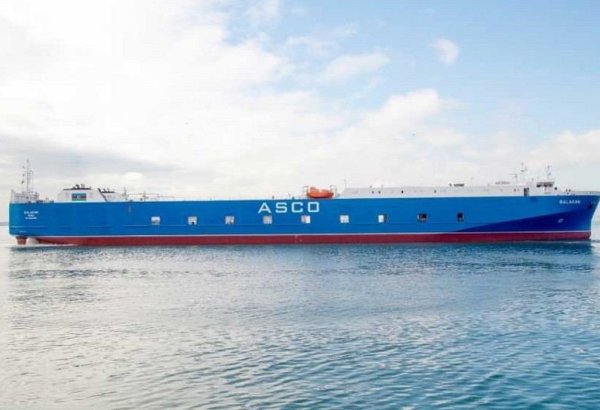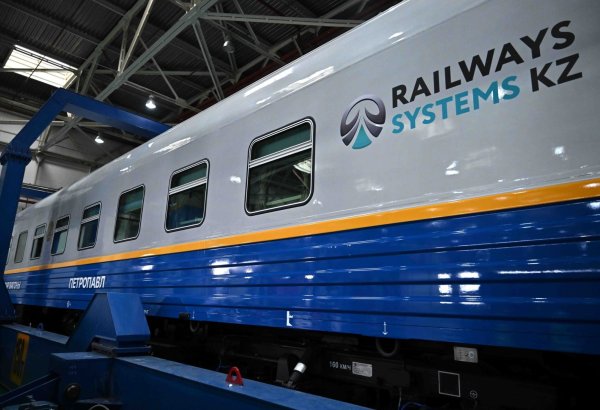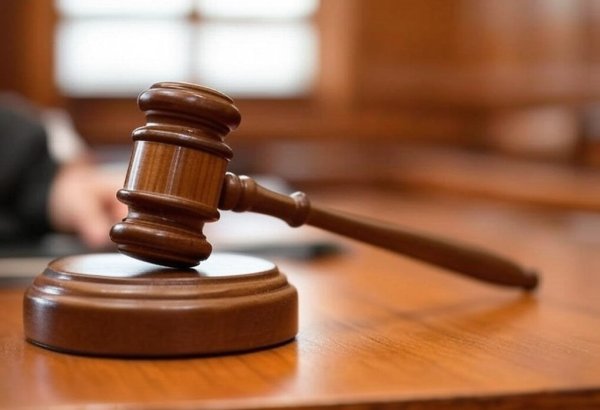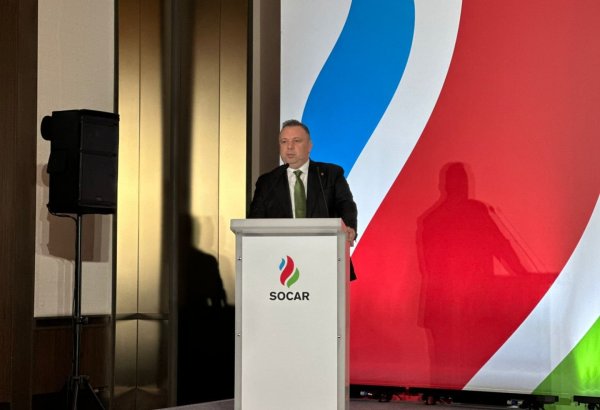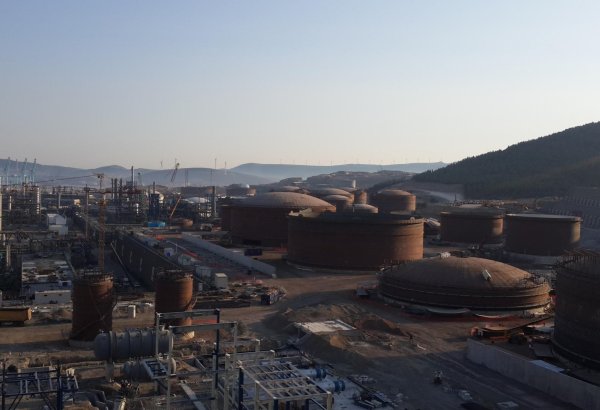Azerbaijan Caspian Shipping Company (ASCO) CJSC, SOCAR, State Agency of Maritime and Port Administration, Hydrographic Department of the Navy and Baku International Sea Trade Port CJSC discussed issues of ensuring navigation safety in the Azerbaijani sector of the Caspian Sea, TurkicWorld reports with reference to ASCO.
The meeting, initiated by ASCO, discussed such issues as the removal of broken foundations, flyovers and other metal structures from the seabed in order to improve the ecological environment, the re-issue of nautical charts in this regard, the Hydrographic Office's update of the electronic map of the Caspian Sea for ships floating under the Azerbaijani flag, display of the seawater area of ports and berths of ships registered in the territory of Azerbaijan on the maps of the new edition.
As a result of the discussions, it was decided that SOCAR will provide the Hydrographic Office of the Navy, as well as the State Agency of Maritime and Port Administration information on the works (construction and repair of foundations, dismantling of deep-water foundations, the service life of which has expired, construction and dismantling of underwater pipelines, etc.) carried out by the company in the Azerbaijani sector of the Caspian Sea.
Also, the Hydrographic Department of the Navy will first ensure the updating of nautical charts in accordance with the work carried out by SOCAR in Sangachal (Oil and Gas Extraction Department named after Nariman Narimanov), bringing the electronic charts of the Caspian Sea in line with the standards and requirements, displaying the sea area of ports and berths of ships registered in the territory of Azerbaijan on the maps of the new edition, as well as updating the literature on navigation.
In addition, in cases where the ship's crew detects a discrepancy that is not reflected on the charts (any floating object, changes in depths, etc.), the crew members will provide information to ASCO, which, in turn, will ensure the transfer of this information to the Hydrographic Office.
At the meeting, the participants also agreed to create a commission, which will include employees of relevant institutions, to monitor the implementation of the above work, as well as to hold meetings of the commission members once a month.








